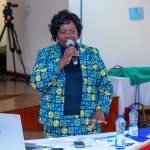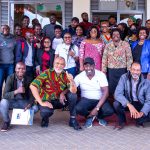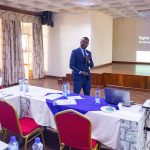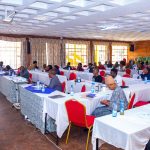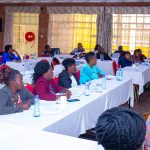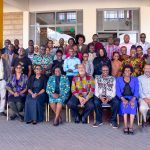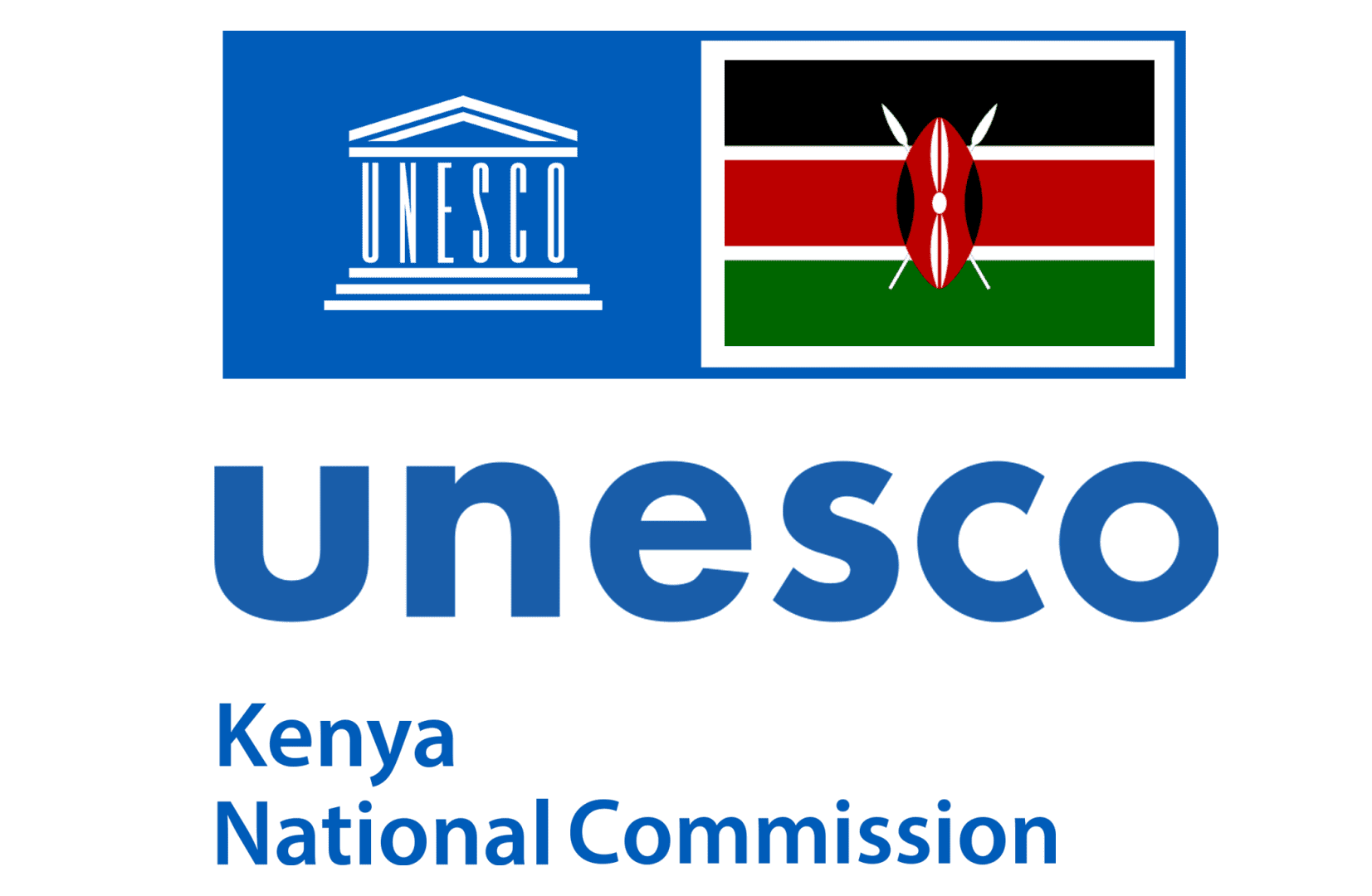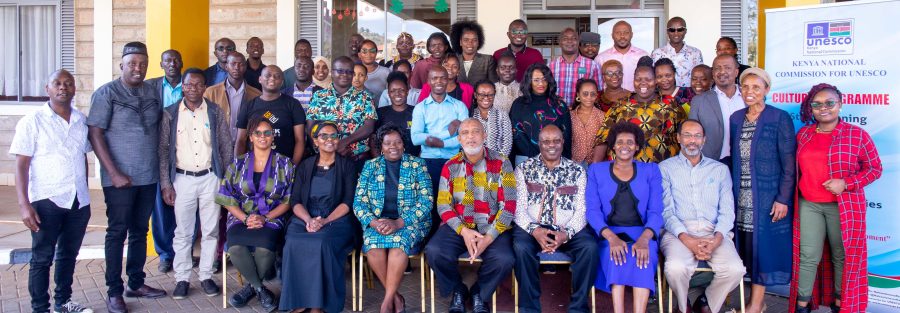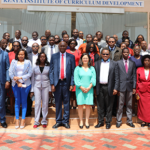Capacity Building Workshop On Gender-Inclusive And Fair Practices In Promotion Of Culture And Creative Industries
Theme – Towards a Fair Culture A Global movement.
The Kenya National Commission for UNESCO (KNATCOM) Culture Programme supported by German NatCom organized a 3-day Capacity Building Workshop on Gender-Inclusive and Fair Policies in the Promotion of Culture and Creative Industries. The workshop main aim was to raise awareness among key stakeholders on gender-inclusive policies and programs based on UNESCO best practices on promotion of culture and creative industries. The workshop was a significant step towards strengthening policies and interventions that promote inclusive cultural and creative industries while enhancing visibility of women role in the sector.
The workshop targeted officials from relevant national public institutions dealing with culture and arts, county government officials, creative entrepreneurs and selected civil society organizations. The workshop was attended by about 60 participants and was held at Machakos University.
The Workshop’s Vision: “Fair Culture” – A Key to Sustainable Development
The central theme of the workshop, “Fair Culture,” resonated deeply with participants. This theme represents more than just a concept; it embodies a global movement that strives to make international cultural cooperation, partnerships, and trade more equitable and sustainable building on existing legal frameworks and commitments. Inspired by the Fair-Trade movement, “Fair Culture” seeks to promote, among other things, fair prices for cultural commodities on digital platforms, enhance mobility of artists and cultural professionals, fair renumeration of artists and improved international cooperation and solidarity through a multi-stakeholder approach.
Taking inspiration from the Fair-Trade principles, the “Fair Culture” movement advocates for several crucial aspects:
- Fair Prices for Cultural Goods and Services
The movement aims to ensure that cultural goods and services are valued fairly, benefitting creators and producers alike.
- Protection of Copyright in Digital Platforms
In an increasingly digital world, safeguarding copyright is paramount. Fair Culture seeks to protect the intellectual property rights of creators in digital realms.
- Enhancement of Social, Cultural, and Economic Rights of Artists
Artists and cultural professionals are the backbone of the creative industry. Fair Culture strives to improve their social, cultural, and economic rights, ensuring they receive the recognition and remuneration they deserve.
- Equal Access to Markets
Fair Culture promotes equal access to global markets, ensuring that cultural products from the Global South find their way to audiences in the Global North.
- Premiums for Reinvestment in the Cultural and Creative Economy Value Chain
Investing in the creative economy is crucial for its growth. Fair Culture advocates for premiums that can be reinvested in the industry’s value chain.
- Capacity Building and Public Awareness
Education and awareness play pivotal roles in achieving fairness. The movement emphasizes capacity building and public awareness to drive change effectively.
- Gender Equality and Inclusiveness
Lastly, but significantly, Fair Culture is committed to promoting gender equality and inclusiveness. This ensures that women are active participants and leaders in the cultural and creative sector.
Aligning with BETA: Empowering the Creative Economy
The theme and objectives of the capacity-building workshop were in sync with the government Bottom-Up Economic Transformation Agenda (BETA. BETA places strong emphasis on advancing the digital superhighway and nurturing the creative economy by supporting micro, small, and medium enterprises (MSMEs) and skills development. The government agenda on scaling up the creative economy has the potential to spur the entire value chain, from the creation and production to the dissemination of cultural goods and service while promoting visibility of women in the sector.
Among the key topics discussed in the workshop included UNESCO culture policies, current culture and creative industry policies in Kenya, digital entrepreneurship, skills development to support the sector, protection of copyright and intellectual property rights , access to finance for the creative sector and sharing of experiences by a creative entrepreneur. The facilitators were well blended comprising of youth, academia, creative entrepreneurs, experts, and government which greatly enriched the dialogue and conversations. This workshop indeed reinforced the pivotal role of culture and creative industries in national and sustainable development.
The workshop served as a crucial step towards creating a Fair Culture movement in Kenya aligned with global movement that advocates for fair trade principles in exchange of cultural goods and services and protection of the diversity of cultural expressions.

